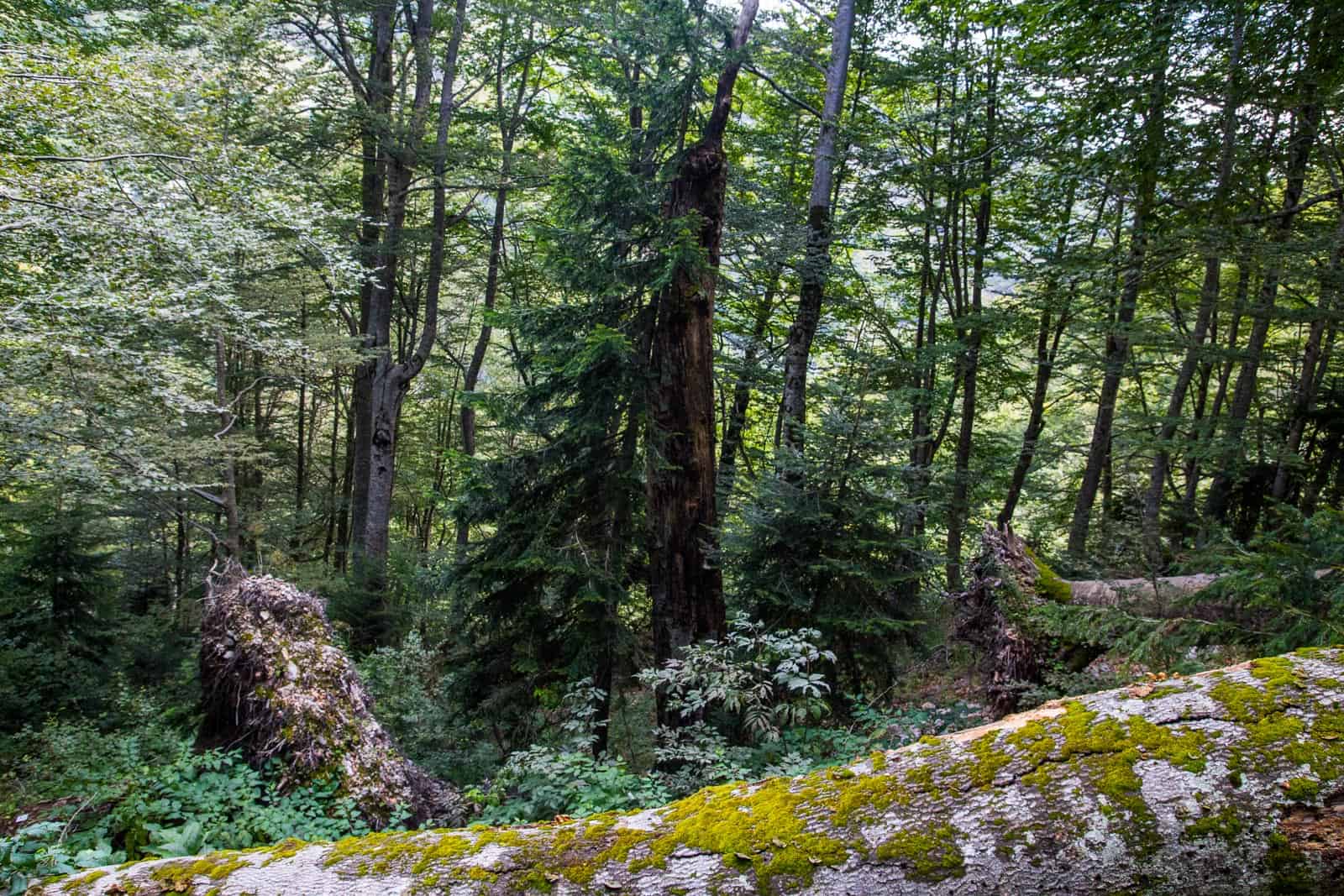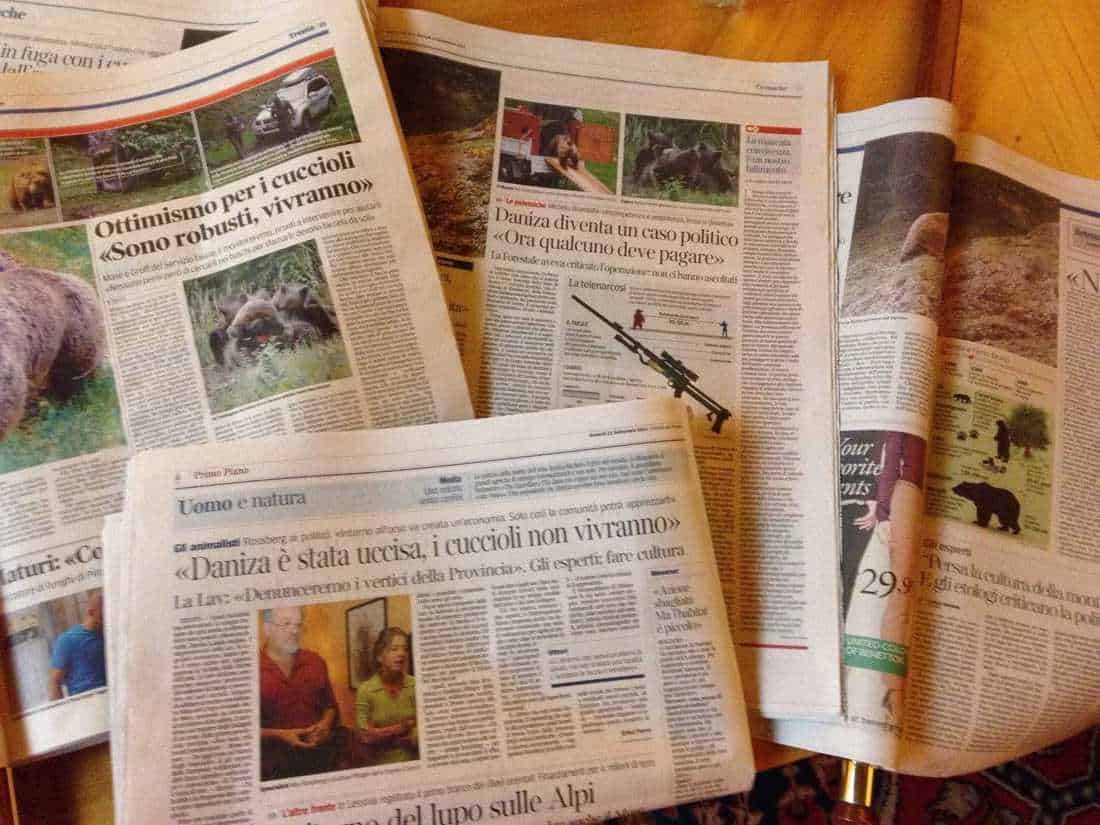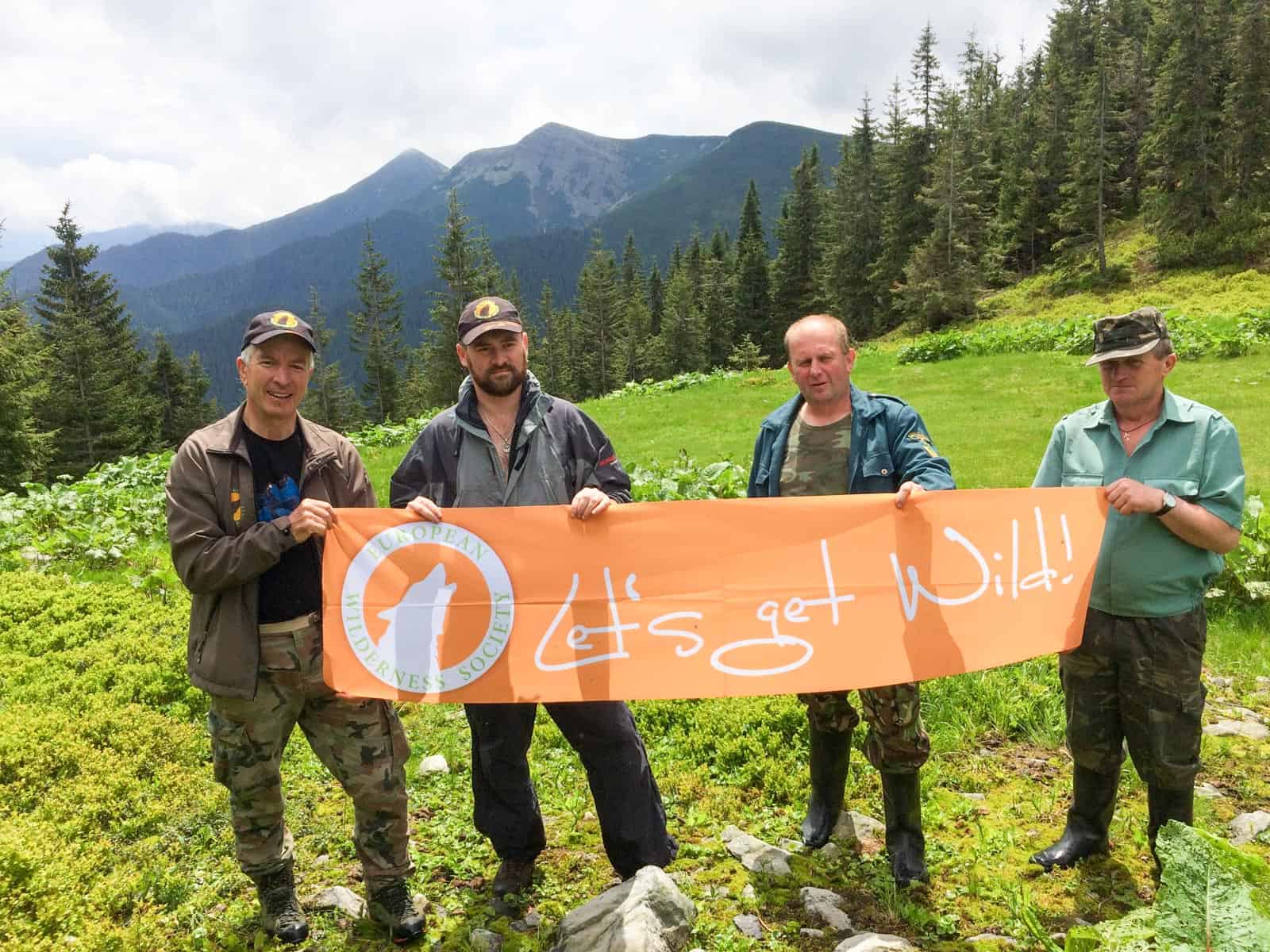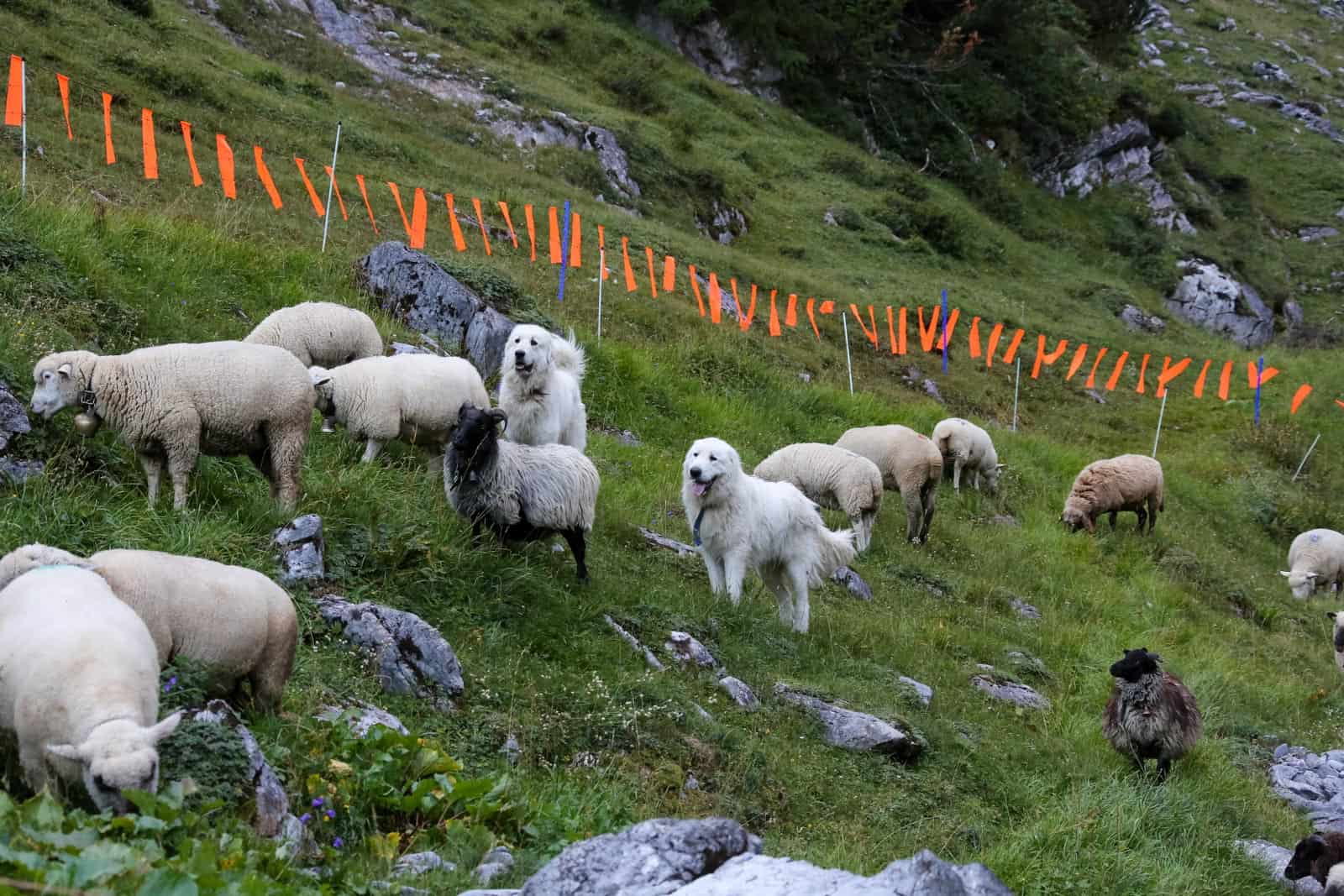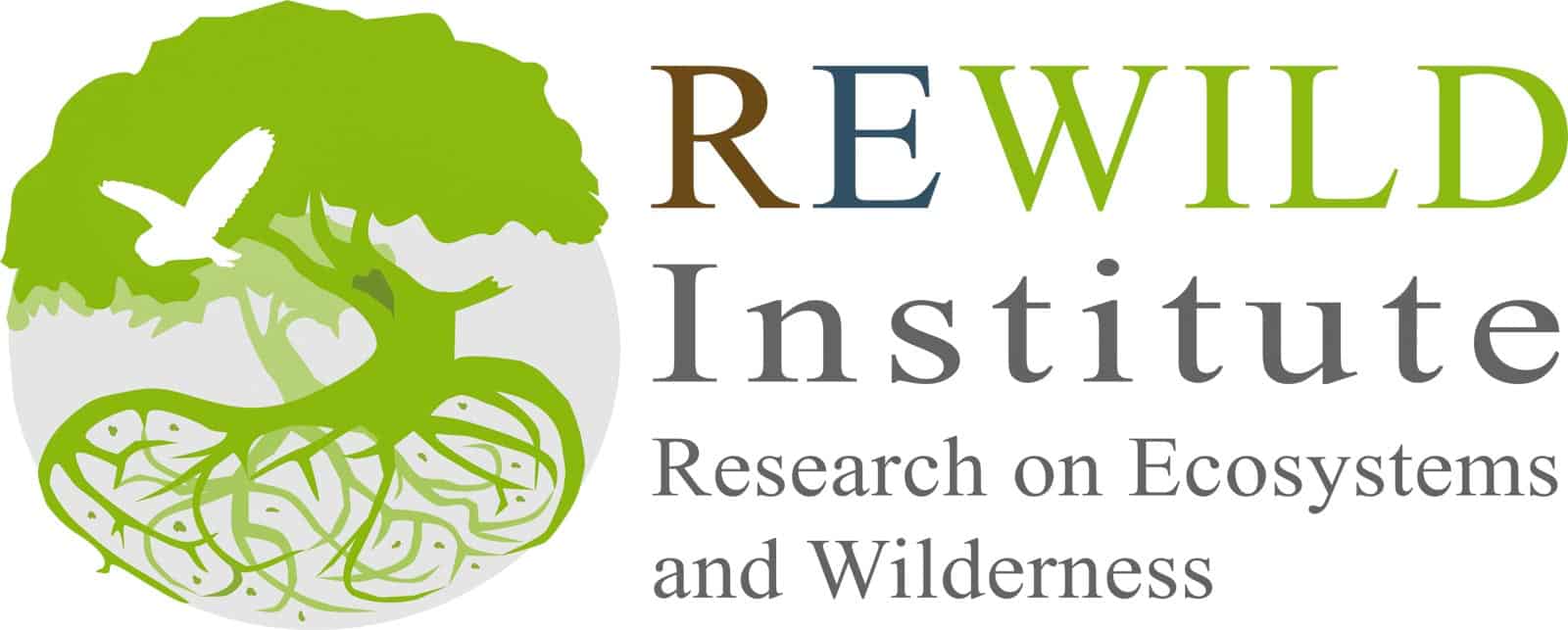Those who are afraid must not go into the forest
The saying, “Those who are afraid must not go into the forest,” reflects an age-old cautionary wisdom rooted in various cultural traditions. While its precise origins are difficult to trace, the sentiment behind the saying has resonated throughout human history.
In ancient times, forests were often seen as wild and mysterious places, teeming with unknown dangers and potential threats. The saying likely emerged as a warning to those who lacked the courage or preparedness to face the perils that lay within the dense forest.
Saying became a metaphor
Over time, the saying transcended its literal meaning and became a metaphor for life’s challenges. It symbolised the importance of being prepared, brave, and resilient when venturing into unfamiliar territories or tackling difficult endeavours.
It emphasized the need for self-awareness and acknowledging one’s limitations. By heeding the saying’s advice, individuals were encouraged to evaluate their fears and abilities before embarking on new journeys.
In contemporary society, the saying continues to serve as a reminder that venturing into the unknown requires a certain level of courage, preparation, and willingness to confront fears. It highlights the significance of self-reflection and acknowledging personal boundaries, ensuring that individuals make informed choices based on their capabilities.
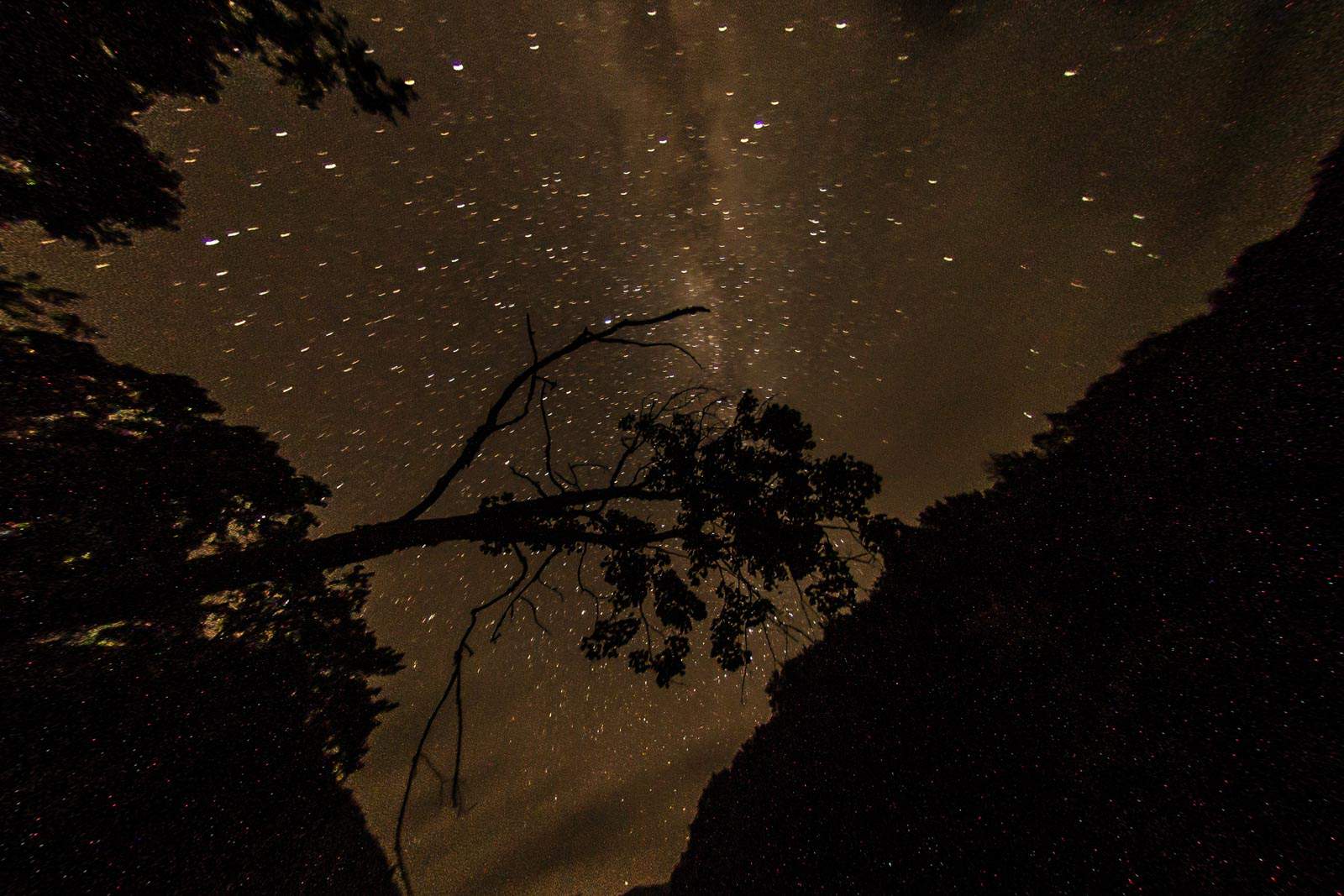
Is in nowadays saying less relevant
The saying, “Those who are afraid must not go into the forest,” remains relevant in today’s world. While the literal interpretation might not apply to modern urban environments, the underlying metaphorical meaning stil holds significance.
In our contemporary society, the “forest” represents for many people the challenges, risks, and uncertainties they can encounter in various aspects of life.
The saying advises against recklessly diving into situations for which we are unprepared or lack the necessary courage. It reminds us to evaluate our fears and assess our capabilities before taking on demanding endeavours.
Why people are afraid also nowadays go into the forest?
In modern times, there are several reasons why people may still experience fear when considering going into the forest.
First and foremost, the forest is often associated with the unknown. For many of it represents a natural environment that is outside of our familiar urban surroundings, filled with dense vegetation, unfamiliar wildlife, and unpredictable terrain. This unfamiliarity can trigger a sense of anxiety and fear of the unknown.
Moreover, popular culture, literature, and folklore have often depicted forests as many of mysterious or dangerous encounters. These portrayals have ingrained a sense of caution and fear in our collective consciousness.
Additionally, concerns about personal safety, such as the potential for getting lost, encountering wild animals, or facing adverse weather conditions, can contribute to anxiety about venturing into the forest.
The fear of the forest may also stem from a general sense of vulnerability and a desire for security in controlled and familiar surroundings.
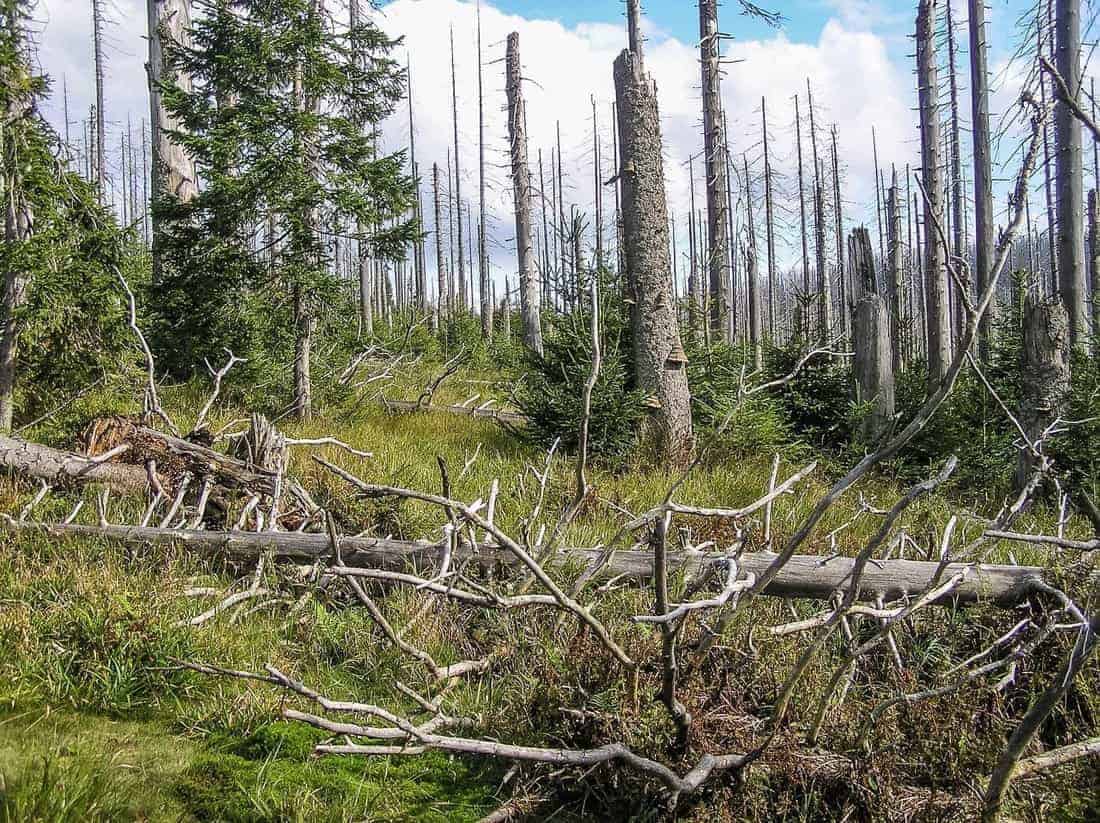
Conclusion
Overall, while the reasons for fear may vary from person to person, the underlying factors include mainly: the unknown nature of forests, cultural context of our life and personal safety concerns. In summary it reflexes our disconnection from the natural world.
The fast-paced, technology-driven nature of modern life has distanced many people from nature. This disconnect can lead to growing ignorance, missing practical experience, as well as fears of discomfort from being in the outdoors, including forests.

